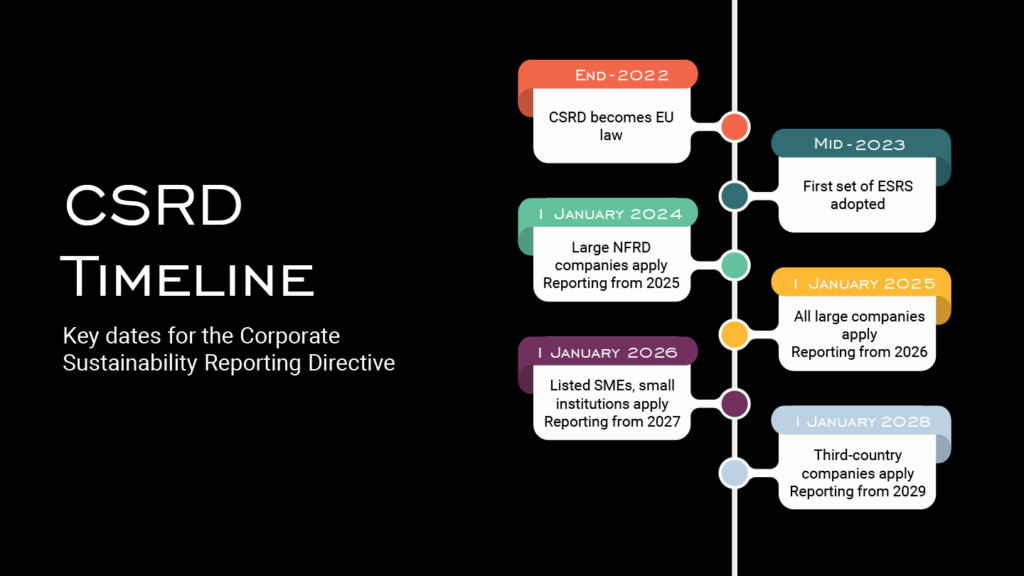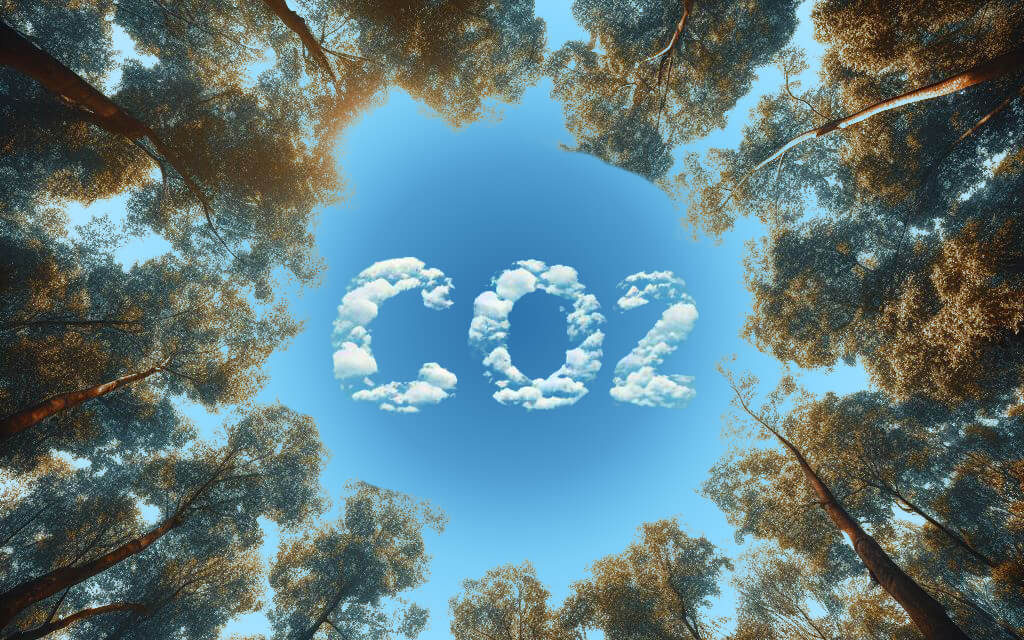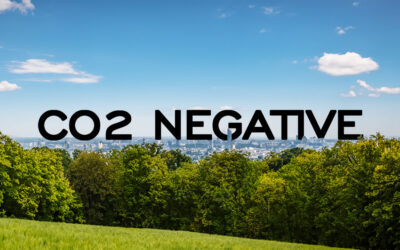We observe a growing interest of companies in the Sustainability Report (ESG stands for Environmental Social and Governance) as a tool that demonstrates the commitment of the company’s vision to environmental and social issues.
The ESG is a planning and control tool that analyses the performance of the company’s overall activities towards social and environmental issues, with the aim of satisfying current and potential financiers and shareholders, who are increasingly sensitive to environmental issues.
The European Union, through Directive number 95 of 2014 (2014/95/EU), as amended, Corporate Sustainability Reporting Directive – CSRD, made ESG mandatory for large companies with a public interest and an average number of employees above 500.
From 2021, entities operating in the Third Sector also have this obligation.

There are now many companies that offer the service of guiding the realisation of a Sustainability Report, following an analysis of the company’s situation.
Regardless of company size, the interest in drawing up an ESG or CSRD is increasing in order to show companies’ commitment to environmental protection both to meet the expectations of existing customers and to attract the attention of new types of customers.
In order to obtain the ESG certificate, every company must assess its carbon footprint and reduce it as much as possible.
Recurring actions for this purpose are the reduction of energy consumption in all aspects of the company, ranging from the replacement of lighting fixtures with new, less impactful ones.
In production departments, the replacement of electric motors with high-efficiency ones or, where possible, the complete replacement of machinery is possible.
The introduction of artificial intelligence can be very useful in order to analyse the habits of all people involved and try to optimise their habits with the ultimate aim of reducing energy consumption.
It is also possible to involve employees, defining the way they travel between home and work by using public transport, car sharing or even incentivising the purchase of less polluting cars.
Companies that want to tackle this issue seriously have many tasks to perform and they are not always easy.

The experience of this first operational period in attempting to obtain a sustainability balance has shown that it is difficult to achieve the objectives set by the regulations and suggests only one solution: the purchase of carbon credits on the voluntary market.
ABProject, through its GREENPACT project, operates precisely in this area. ABProject finances projects that through the sustainable production of BIOCHAR, a natural fertiliser derived from woody biomass, take advantage of new European laws that allow the emission of carbon credits if BIOCHAR is used in agricultural activities to limit the use of chemicals.
There are European programmes that incentivise the burial of BIOCHAR for the sole purpose of putting the CO2 contained in it back into the ground.
Even extra-luxury fashion has an increasingly green soul.
The new generations, as Michel Chevalier defines them in his book “Luxury Brand Management” called HENRYs (high earners, not rich yet), are and will increasingly be the new luxury customers and, like all new generations, demand a growing commitment to the fight against climate change and social and environmental respect.
You can follow the AB GREENPACT projects here
Sources: 3bee – hidrasocietabenefit



